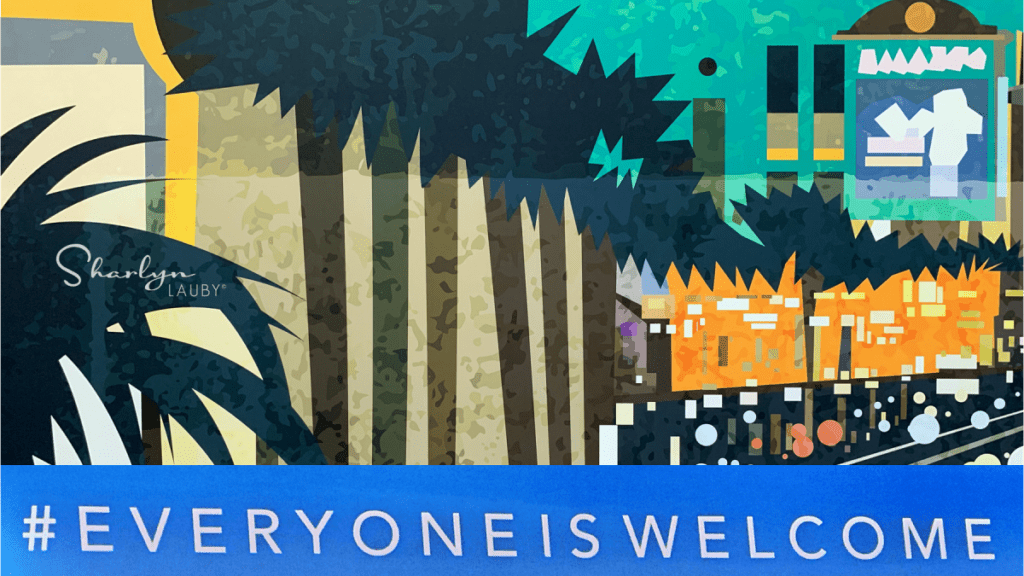6 Human Experience Management Trends to Watch for 2021 #HXM

I’m confident that when we were thinking about this year during 2019 or earlier, none of us really expected it to be like this. And now that we’re approaching the end of the year, you might be saying to yourself, “I can’t wait for 2020 to be over.” I hear ya. But I think it’s important to realize that everything we’re dealing with right now isn’t simply going to disappear on January 1st.
I believe that a big part of 2021 is going to be focused on transitions. Specifically, how we – as humans – transition from where we are right now to the new normal. And how do we help the companies we work for do that?
To help us better manage transitions, it could be interesting to look at some current human experience management trends and how they will impact us right now as well as in the future. During this year’s SAP SuccessFactors Conference, these six trends were front and center.
- Buy, Build, Borrow, and Bots. Given the uncertainty in the economy and job market, organizations realize they need to be more strategic with their hiring plans. When planning work and forecasting staffing, organizations are asking the questions “Is this a position we need to hire from the outside (BUY)?” “Can we train and develop a current employee to do this role (BUILD)?” “Should we engage a freelancer when we need them (BORROW)?” There’s one other question that organizations should start asking, “Is there a technology solution that could help us do this task better/faster/cheaper (BOTS)?”
- Diversity, Inclusion, and Equity. Organizations realize it’s time to bring equity to the workplace. That’s great. It’s been a long time coming. Now, the focus is on doing it. Candidates and employees expect to see visible signs that the organization is living up to their words. And organizations that haven’t made the pledge, well…candidates and employees want to know “Why not?”. Diversity, inclusion, and equity is more than a program being run by the human resources department. It should be part of human experience management in company culture and embraced at every level of the organization.
- Resilience. I almost hesitate to bring up the word resilience because I don’t want it to become the 2020 buzzword du jour. But the concept is so important. The definition of resilience is “the capacity to recover quickly from difficulties”. If this year has taught us anything, it’s that resilience is an essential skill – for organizations and individuals. Organizations are realizing that they need to have strategies in place to manage the unexpected. Will we be able to cover every contingency? Probably not. But when COVID-19 hit, many organizations found themselves without an emergency or business continuity plan.
- Remote Work. There’s an ongoing debate about the long-term impact of remote work on company culture (and we’re going to save that conversation for another day). Bottom-line: remote work is very much a part of business and human experience management right now. Organizations and individuals need to figure out how to make it work well enough to get stuff done, not only from the standpoint of equipment and technology but being able to build positive virtual working relationships.
- Self-Care. Over the past couple of years, the conversation about self-care has been increasing and 2020 put it into hyperdrive. While the title of this paragraph is self-care, we need to look at it from two perspectives. First, if we want to help others, we must know how to take of ourselves. The second point adds to the conversation about resilience (see #3 above). As humans, we need to show empathy and transparency. Empathy for individuals who are open about their needs and transparency in terms of being open about our own.
- Self-Management. Think of self-management as personal accountability. Employees at every level need to know enough about themselves to understand how to be productive, solve their own problems, resolve their conflicts, manage their own learning, and navigate through changes. It’s not easy. Managers have to change the way that they support employees. Organizations need to provide development for employees to successfully self-manage. But the result is greater productivity and results.
None of these trends should be a surprise. However, for us to be successful in 2021, we’re going to have to review these human experience management trends regularly and evaluate our progress toward goals. I can see organizations and individuals tweaking their goals more often next year than in previous years. Managers and employees are going to have to spend more time having one-on-ones to discuss performance. Everyone will need to be flexible to external factors.
The key element bringing all of these trends together is human experience management (HXM). It’s about realizing that the organization is made up of humans. And that the human experience drives business results.
Image captured by Sharlyn Lauby while exploring the streets of Los Angeles, CA
13